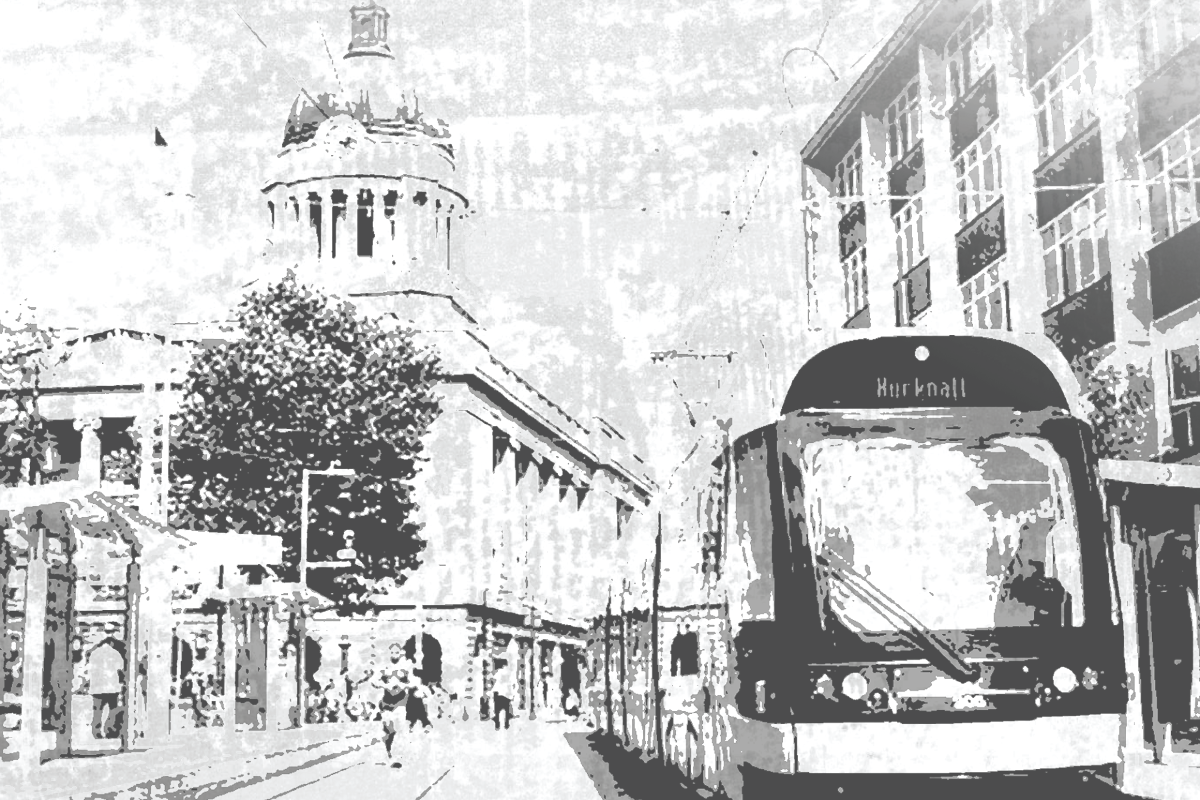Climate change is one of the biggest threats to the future of our planet, with 97% of scientists agreeing that human induced changes to our climate pose a real risk to human health, wildlife and the environment. In recent years there has been a drive towards clean energy and sustainable living, including transport. So where does Nottingham stand?
According to Nottingham City Council, our city is leading the way in sustainable transport. It has the lowest CO2 emissions of all of England’s largest cities and has made the most reductions outside of London, with a further target to improve air quality and reduce carbon emissions by 5% by 2020.
In their Ultra Low Emissions City Prospectus Jon Collins, leader of Nottingham City Council, says the aim is for Nottingham to become an exemplar low carbon city. The ultimate goal is for Nottingham to be an “electric city”, powered by renewable technologies from Nottingham City Council’s own Robin Hood Energy.
Nottingham City Transport has recently introduced the world’s largest fleet of double decker buses fuelled by naturally produced Bio-gas after receiving a £4.4 million grant from the government. These buses will contribute to an improvement in Nottingham’s air quality, with less CO2, oxides of nitrogen and particulate matter emitted each year that the buses are in use.
Cyclists can benefit from a network of cycling corridors along Nottingham roads. If you’re into cycling but don’t have your own bike then you can hire one through Nottingham City Council’s City Card Cycle scheme. Prices start from £1 and you can hire a bicycle for 24 hours or even on a weekly or monthly basis.
Work on extending Daleside Road was completed in early 2018 to create an Eco Expressway, with dedicated bus lanes and cycling lanes. Drivers of electric cars and other low emissions vehicles can also use the bus lane.
Nottingham’s electric tram network has extended into the Clifton and Beeston areas, giving residents even more choice when it comes to sustainable transport. The City Centres Train Station was revamped into 2013 and is now a key transport hub with regular trains running to Birmingham, Manchester, London and Liverpool.
Nottingham’s move towards green transport however has not been without criticism and controversy. Nottingham City Council’s Workplace Parking Levy commenced in April 2012 amid protests from employers, with some businesses moving from their city centre premises to units outside of the centre in order to avoid the charge.
In July this year, plans to introduce a congestion charge to Nottingham city centre have been scrapped, although Nottingham City Council insists that the measures already in place will ensure that Nottingham meets its clean air target by 2020, as specified by the Paris Agreement.
It is clear that Nottingham is one of the UK’s leading cities in the move to cleaner, sustainable transport and the city will hopefully serve as an inspiration to other urban areas across the country.
By Kathryn Shipman

